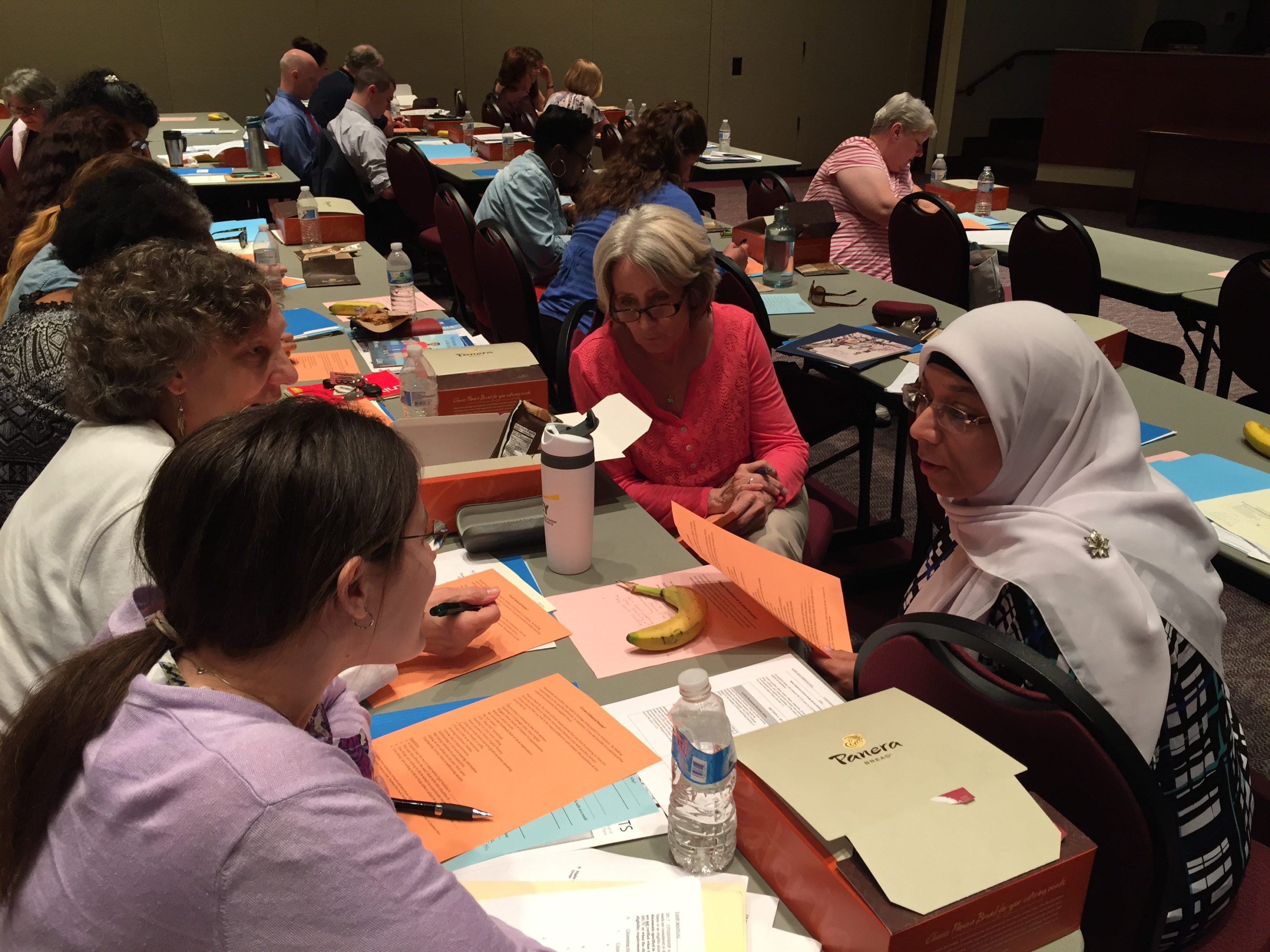June 24, 2016
It’s estimated that one in every 122 people in the world has been uprooted from their homes due to conflict or persecution. Here in an increasingly diverse Northern Virginia, we see the impact of immigration, reunification and the refugee crisis on local children and adults. How can we support these families in our community? How can we provide resources to parents and children?

That was the discussion at a joint meeting of our Allies in Prevention Coalition and the Loudoun County Partnership for Resilient Children and Families, where more than 90 service providers gathered to discuss the special experiences, needs and challenges of immigrant and refugee families. What were the key takeaways for service providers moving forward?
- Understand the differences between “Immigrant” and “Refugee.” Patricia Maloof from the Catholic Charities Diocese of Arlington provided an excellent overview for meeting attendees, including the unique challenges faced by each group. While immigrants make a choice to leave and have options, refugees are fleeing danger, have little time to prepare and often cannot return home. She also touched on another important reminder: “There is diversity within these populations,” said Dr. Maloof, not the least of which is a wide variety of experiences leading up to their immigration or fleeing.
- Build on the strengths of families. Immigrants and refugees provide valuable contributions to the economy, education and richness & diversity of a community. Every one of our panel members highlighted the rich diversity that immigrant families can provide to our communities, and underscored that we must overcome our own biases to better assist them as they navigate life in the United States.
- Help immigrant parents understand the unique challenges they face. When parents feel isolated, parenting—even life in general—can feel hopeless. Be sure parents understand what they are experiencing is common. Then help them find tools that work for them and their kids. “They can tell their kids, ‘I will give you time and space to get used to life here’,” said panel member Maria Mateus, a Parent Liaison from Fairfax County Public Schools. “They should tell their child they want them to feel safe.”
- Get families connected. Parents and children—often far away from their immediate family members—need supportive networks that speak their language, understand their cultural nuances and can act as extended family and friends. They also need to connect with community agencies, which can be frightening. Panel member Lisa Groat, from Ayuda, discussed the ins and outs of how to make sure that families we work with know which benefits they are eligible for as they begin to establish a new life in the United States.
- Learn more about the immigrant and refugee experience. Local experts addressed a variety of topics at the meeting, including things like arranged marriage and immigration law. One attendee said that simply being exposed to a discussion about arranged marriage for the first time was incredibly enlightening. “Remember that survivors are resilient,” said Casey Swegman from the Tahirih Justice Center, who led this part of the discussion. We need to be open to learning more about these families so we can better support and celebrate that resiliency.
This is a discussion that will certainly continue among service providers, community members and families in Northern Virginia, thanks in large part to the work of the organizations who participated on our panel. Also consider exploring the Support for Immigrant Parents page on our Parent Resource Center, where you can find fact sheets to share in English and Spanish, as well as listen to a Parenting Today radio show on the topic with Shirley Jones from HACAN.
